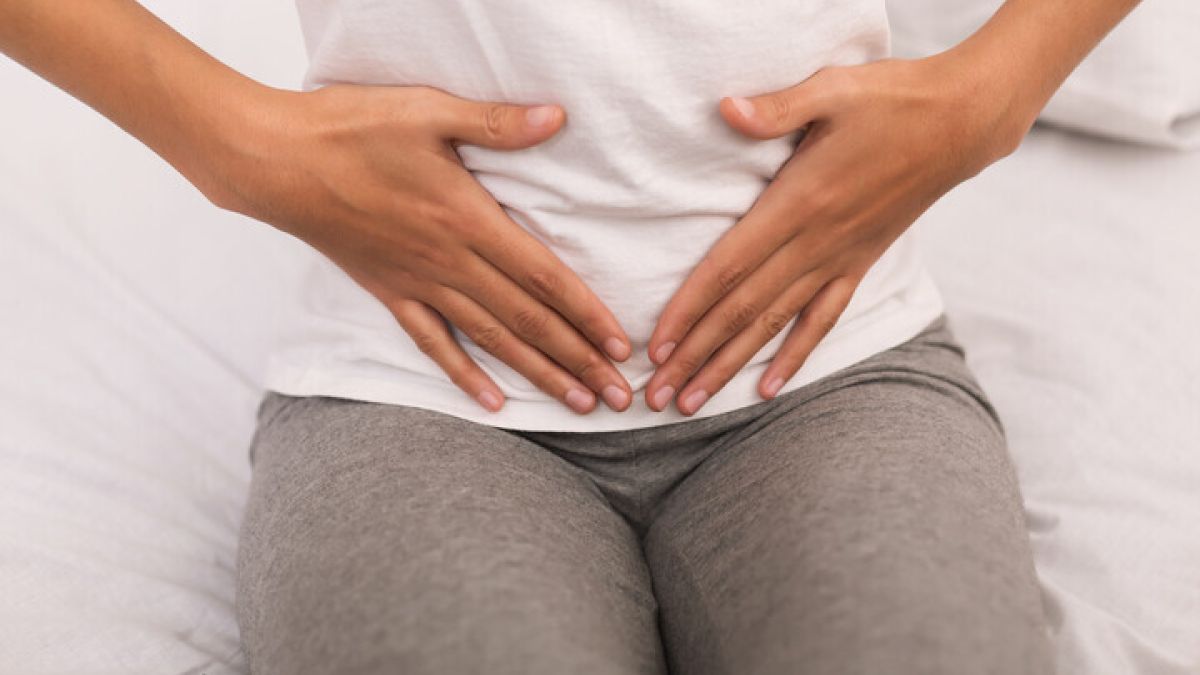Why choose Ochsner Health for inflammatory bowel disease (IBD) care?
At Ochsner, our team of experienced, highly trained specialists is dedicated to providing leading-edge medical and surgical treatments for IBD based on each patient’s individual needs. Taking a collaborative, multidisciplinary approach, our specialists offer comprehensive care to help improve the lives of people with IBD and related conditions. We treat patients all over Louisiana and along the Gulf Coast, and we take pride in offering specialized care for pregnant patients and for those transitioning from pediatric to adult IBD specialists.
As IBD treatments evolve, our team is also committed to performing collaborative novel research with other specialties, including colorectal surgeons, pediatric gastroenterologists and rheumatologists/immunologists, to find ways to continue to make advancements in care.










